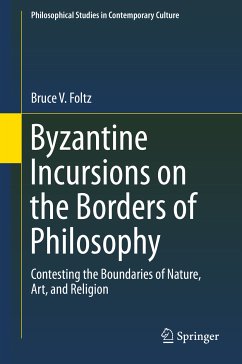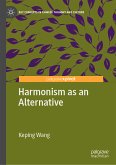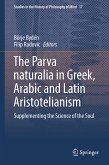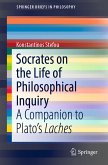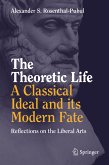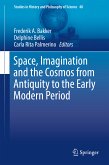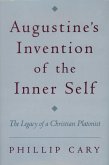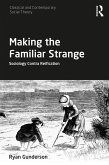This book represents a series of incursions from the region of Byzantine thought into territory long claimed by Western philosophy and theology. But at the same time, it is a project of attempting, beginning with thoughts inevitably rooted in the West, to penetrate as deeply as possible into the Byzantine philosophical and spiritual landscape. These are incursions that move back and forth between the visible and the invisible. This book shows that the problem of the relation between transcendence and immanence has found its answer in the philosophical and theological legacy of Byzantine thought, which has always sought to bring together strands tenaciously held separate in the West. This book transports contemporary readers to an ancient conceptual landscape as it expertly handles the Byzantine ideas with a familiarity unavailable to most contemporary scholars. It is an essential read for any scholar interested in recapturing the heart of Byzantine thought and using the lessons thereinto address the problems which plague Western philosophy and society.
Dieser Download kann aus rechtlichen Gründen nur mit Rechnungsadresse in A, B, BG, CY, CZ, D, DK, EW, E, FIN, F, GR, HR, H, IRL, I, LT, L, LR, M, NL, PL, P, R, S, SLO, SK ausgeliefert werden.

